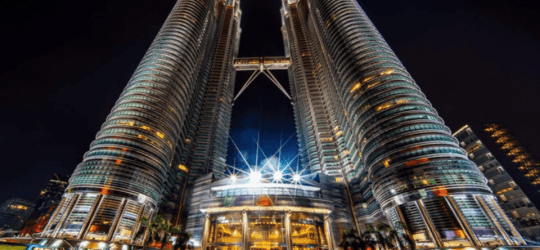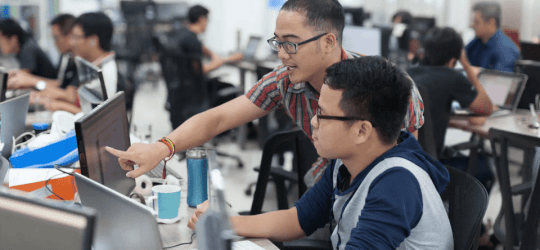Discover our nationwide festival for tech that's good for the world.
AgriSea – unlocking seaweed’s potential
5 December 2023
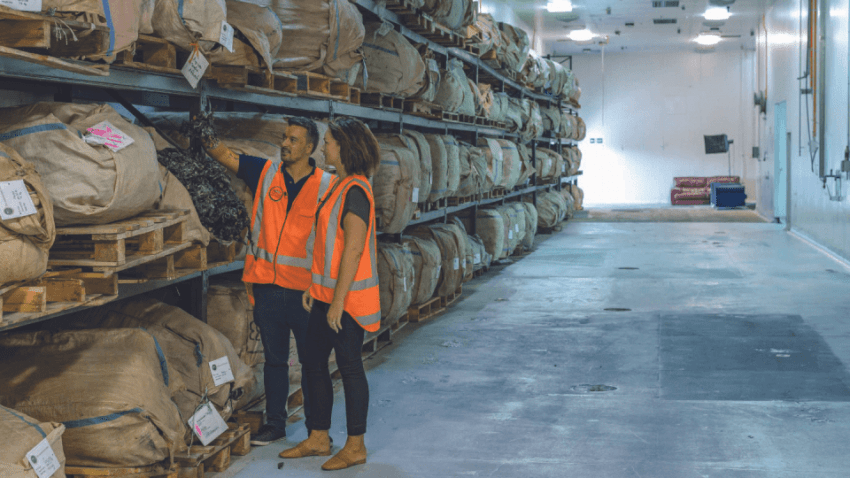
AgriSea exists at the forefront of seaweed innovation, weaving the greens they harvest into a circular bioeconomy.
For 25 years, Māori-owned AgriSea has hand-harvested seaweed from New Zealand’s shores. For the Paeroa-based team, seaweed isn’t just tidal litter, but a valuable resource that’s potential has allowed them to build a circular bioeconomy in their business.
Pioneers in the research, development and commercialisation of Ecklonia Radiata – a seaweed species native to New Zealand – AgriSea has made a name for itself through a range of biostimulants, created using a proprietary brewing system. Utilising seaweed’s status as one of the world’s most nutrient-dense plants, AgriSea’s products aim to give farmers a sustainable alternative to harsh chemicals. Biostimulants offer a natural solution to soil regeneration, plant density, and animal health.
AgriSea is driven by sustainability and the team has gone to great lengths to mitigate its impact on the Earth. Currently, humans are using about two Earths worth of resources, and radical changes are needed to mitigate this impact. Finding innovative ways to reduce their waste streams, AgriSea is cementing a circular business model. Partnering with research institute Scion, they’ve produced a sustainable nanocellulose hydrogel that matches the functionality of traditional petroleum-based polymers.
In a similar way to how wood pulp is produced – minus the harsh chemicals that wood is treated with – seaweed waste product is mechanically processed to extract nanocellulose. Engineering this solution has eliminated the leftover seaweed that AgriSea is inevitably left with when they brew their biostimulants; the hydrogel they’ve created is a polymer that can absorb up to 100 times its weight in water, swelling to form a jelly-like substance. An example of this is the liquid-absorbing ability of disposable nappies.
Other uses for this seaweed-sourced hydrogel range from advanced biocomposite materials to medical products, batteries and cosmetics. With a tensile strength greater than steel, this green technology doesn’t compromise on functionality. The hydrogels offer AgriSea a high-value revenue stream that ties seamlessly with its sustainable vision.
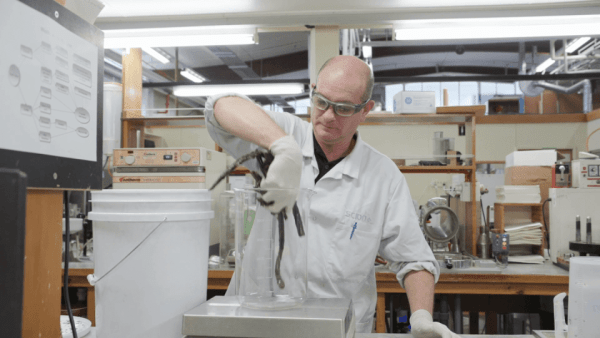
The efforts of this family-owned company haven’t gone unnoticed. In 2022, they were named Māori Company of the Year at the NZ Hi-Tech Awards, and funding help has been granted for them to develop the world’s first commercial seaweed nanocellulose facility. The $1.5 million project will add several new full-time roles to AgriSea’s existing team of 40, all while injecting money into the small town of Paeroa. It shines a spotlight on New Zealand’s potential as both seaweed innovators and nanocellulose pioneers.
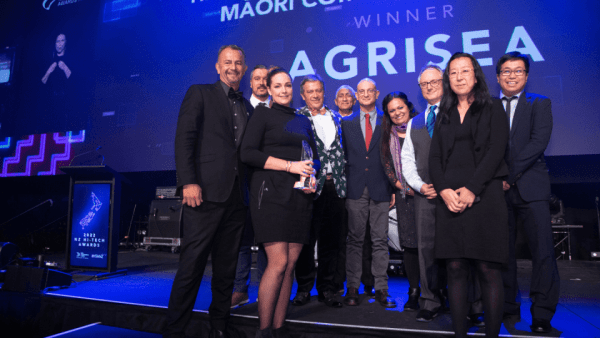
AgriSea’s dedication to bettering our environment begins with an enthusiasm for soil health and Māori farming knowledge. The research project they’re involved in, Rere Ki Uta, Rere Ki Tai, is a collaborative effort between their company and a collection of farmers and researchers. The mission is to test soil management ideas and discover whether farming practices that honour the mana (charisma) and mauri (life force) of soil are better for all, including the environment. The goal is to create harmony between Pākeha and Māori and honour Te Tiriti o Waitangi (The Treaty of Waitangi).
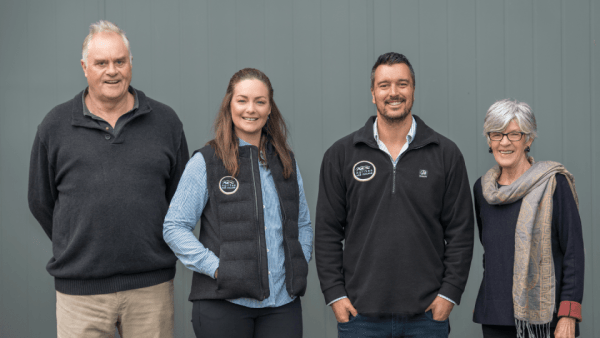
With the foresight to challenge established farming practices and the courage to look for sustainable alternatives to fossil fuels, AgriSea proves that innovation doesn’t need to compromise on sustainability.
Visit Agrisea >
Subscribe to the Techweek newsletter for updates straight to your inbox:
Recent news
Selling business solutions to Malaysia's ICT sector
29 Apr 2024
This article was originally posted by myNZTE.
What do tech buyers in Singapore want?
29 Apr 2024
This article was originally posted by myNZTE. Companies in Singapore don't tend to know much about New Zealand's tech offerings, but they are open to them.
